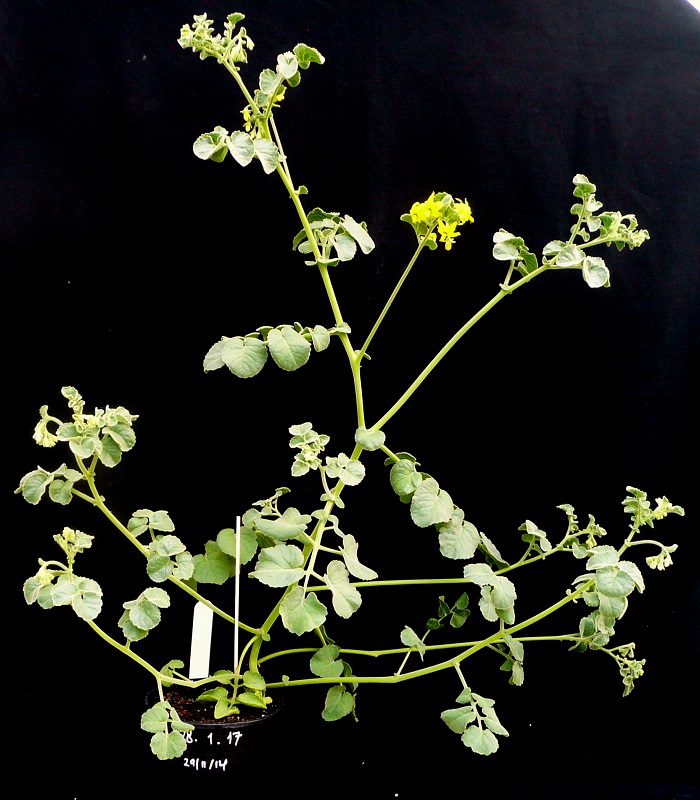PS Seminar, PhD Exit Seminar: Exploiting wild relatives to improve drought resistance and water use efficiency of cultivated tomato
Speakers
Event series
Content navigation
Description

Food security and scarcity of fresh water are major and ever more pressing challenges facing us. In that context, more versatile and better tailored plant varieties with improved water use efficiency and drought resistance, are required. Domestication and intensive plant breeding have led to dramatic improvements of potential yield and productivity in major crop species but has considerably narrowed the gene pool present in wild ancestors evolved in often stressful environments with no exogenous input. My thesis explored the possibility of tapping into ancestral gene pools of drought adapted wild material to improve modern elite lines of high agronomic and commercial value. Tomato was chosen as a model species of choice. The laboratory dwarf Micro-Tom tomato was crossed with the compatible wild tomato relative Solanum pennellii, native of the Andean desert and resistant to extreme water scarcity. Classic breeding based on selection for wilting rate under soil drying enabled the recovery of an S. pennellii introgression line (SpIL) in Micro-Tom background, with delayed wilting and improved water use efficiency. I set-up an experimental system for imposing controlled, highly reproducible drought stress kinetics and investigated the physiological and molecular bases of SpIL improved performance. I showed that SpIL spends water more slowly due to constitutively lower stomatal conductance and osmotic potential, and allocates relatively more carbon to roots than Micro-Tom. I isolated a sub-recombinant line with a much-reduced wild introgression and minimal pleiotropic developmental and fertility effects. I then used RNAseq to determine genes polymorphic between the SpIL and Micro-Tom genomes and to profile transcriptomic responses to drought signalling. Combined with detailed parallel physiological analysis this led to the identification of 19 prime candidate genes including transcription factors and ABA signalling genes, with influence on aquaporins and genes controlling sugar metabolism.
Location
Eucalyptus Seminar Room, Level 2, RN Robertson Building #46


